Which Android version affected you most? Mine was Gingerbread #TBT
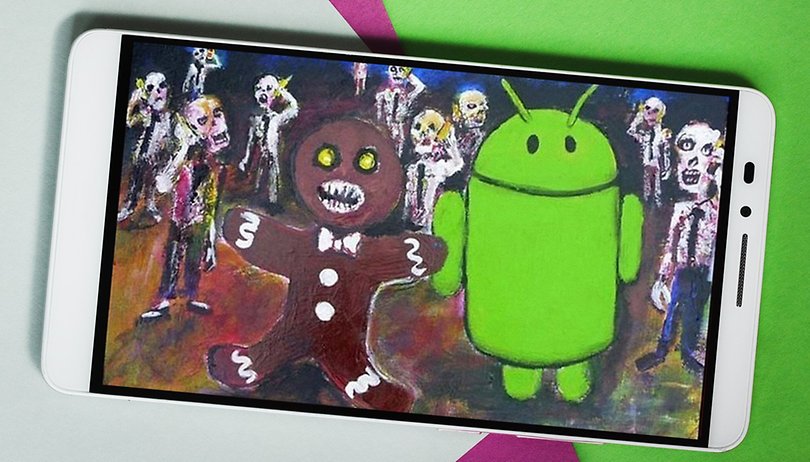

This week my first smartphone, I decided to write about one of the versions of Android that made me love and hate Google's platform: Gingerbread!
- #TBT: My Galaxy Nexus gateway to Android
- Android Easter Eggs: From Gingerbread to Nougat
My honeymoon with Gingerbread
Android version 2.3 was announced along with the Nexus S and, among other advances, brought "improvements in speed", "advances in power management" and "improvements in game graphics." If you stop to analyze the words used to describe the new OS in 2010, they were almost the same as we saw Google publish this week.
At the time it was announced, Gingerbread was dubbed, "the fastest version ever released". The system was modified to support themes with more contrast and saturation. Remember that although today the UI and its features appear very rough, in 2010 it was pure innovation.
Before continuing, I must say that my experience with Gingerbread came with Sense UI from HTC, so it was not based on 'pure' Android. Nevertheless, many of the functions and UI features brought optimizations to the then-new OS. The menus, settings and system status bars were simple but intuitive at the same time:
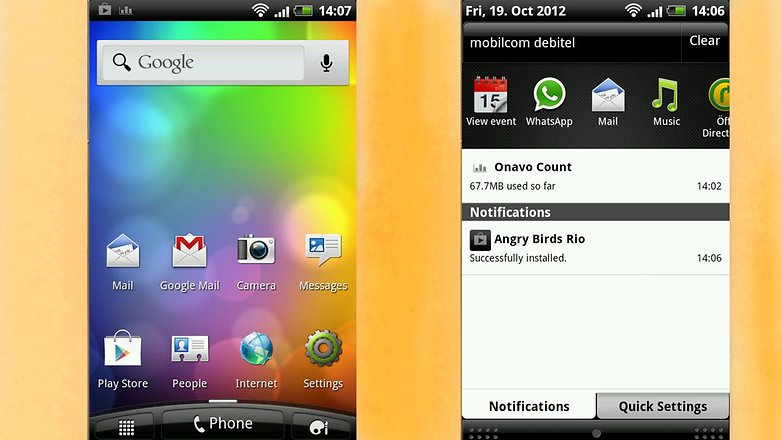
Compared to previous versions of Android, Gingerbread was at the time a great platform. Google developers implemented support for NFC, a new self-healing system, a simple process to copy and paste words and text, brought greater control to applications, offered shortcuts in the options menu on the home screen, and even allowed closing of running applications from this same menu.
And it was in Gingerbread that the process of making Internet calls (via SIP contacts) became a reality, as well as camera access for apps. I remember the first app I used to make calls using my internet connection was Viber, and I thought the service was sensational. Not least because German landline calls to Brazil were super expensive.
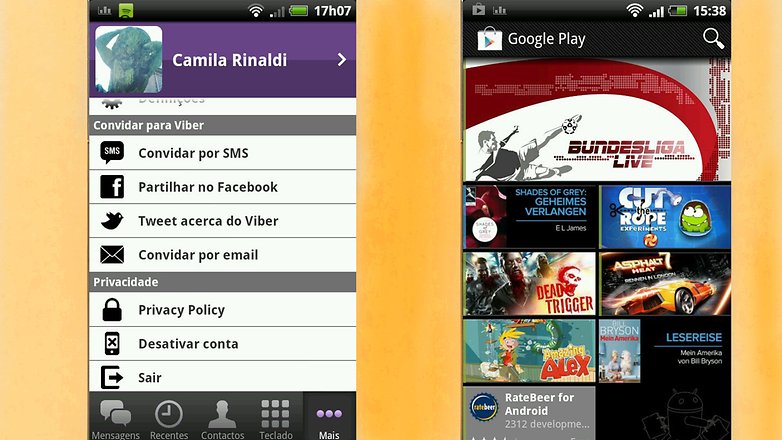
Gingerbread had an application closing method that offered longer battery life, using processing resources only when necessary. I remember something really innovative in Gingerbread was power consumption reports for apps, something that today can even go unnoticed for some users, but in 2010 was an evolution. After all, who does not like to know exactly which applications are draining their device's battery?
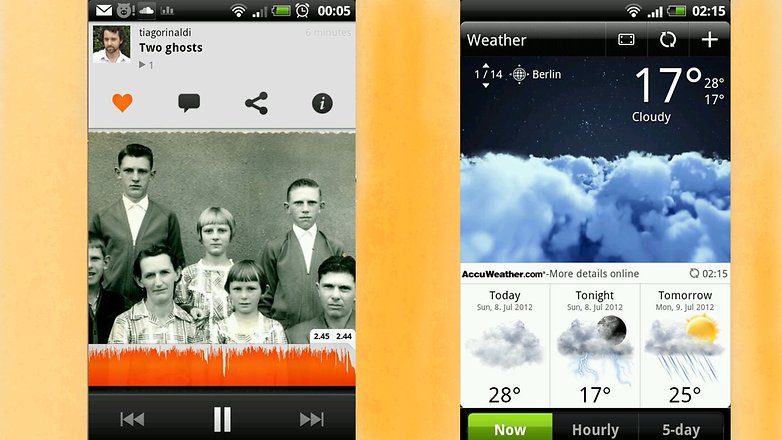
Finally, Gingerbread was an intuitive operating system, with a more conservative UI of colors than Android 7.0 Nougat, for example. It brought user features like NFC and links on the internet, system animations had more consistency, and it was a version of an OS that had the "gist" of an evolved operating system. However, it fell out of favor soon after.
My hell with Gingerbread
Gingerbread stayed with us for a while. Google had the disastrous idea to release two versions of the operating system per year, meaning that Android 2.3 lagged three months after its launch. It arrived in December 2010 and in February 2011, Google's staff launched Android 3.0 Honeycomb.
I remember writing several articles talking about the sloppiness of manufacturers in relation to the system update of the devices that were running Gingerbread, and it was being released in 2012, almost two years after the official announcement of Android 2.3. HTC, for example, said it would not update my Desire HD. And in September 2012, Gingerbread still was running on more than 57 percent of Android smartphones, and its latest version was Jelly Bean.
In March 2014, Gingerbread still appeared on a fragmented 19 percent of Android devices. Today, August 25, 2016, Gingerbread is present on 1.7 percent of devices, as represented in the OS distribution chart, delivered monthly by Google.
After a while, of course, I noticed that there was not enough to stay with Gingerbread, and had to let it go. However, despite being stagnant with a device running an outdated version of Android for a long time, I can not say that my experience with it was bad or that the system was bad. In fact, watching a video published in 2010, in which developers describe the system functions, a certain nostalgia hit me:
So, what was the version of Android that left a mark on your Android experience?







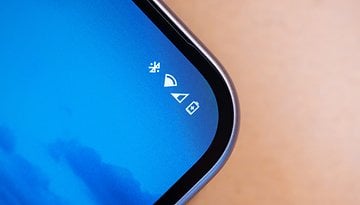
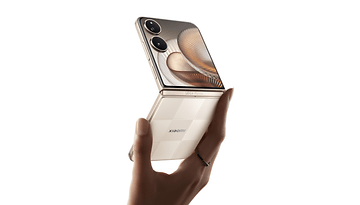
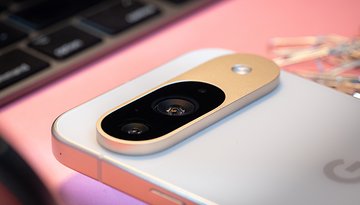
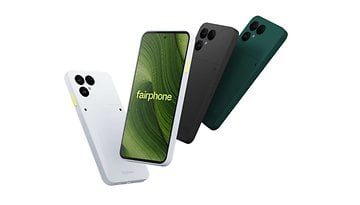


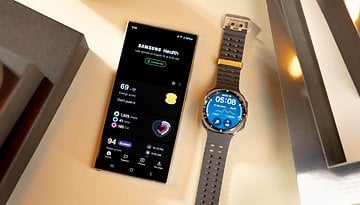
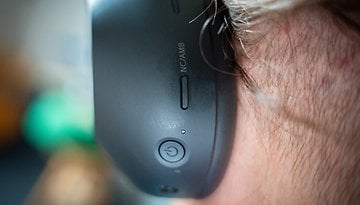

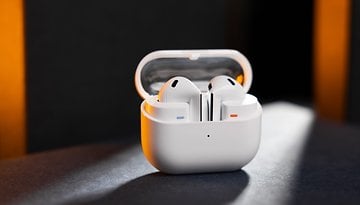
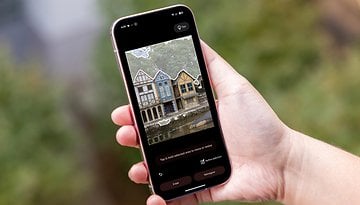


Same as above.. Gingerbead :)
The first android os the I rooted is Gingerbread on a Galaxy Fit mobile phone.
KitKat on Sony Xperia Z1 :)
Skip to last paragraph... I wrote an essay XD.. In short Ice Cream Sandwich is my favourite Android!
My first experience with Android was with Gingerbread with the mighty S2 albeit on Samsung's ui which I found was amazing at the time with the dual video recording and its many goodies and AMOLED display which still works great btw! I felt like a bipolar with gingerbread.. sometimes I loved it while the next time I used it I hated which I partially blame to me using an iPhone 4s as well. But I hated the fact that I couldn't make the homescreen of iOS have a unique design unlike Android.
Gingerbread made me so frustrated when I saw ICS and that stock Android was the real thing that I learned the whole rooting and flashing methods and flashed cyanogen 9 which looked like the futuristic phones seen in movies with the Holo design. The holo blue and flattened design of Android 4 hypnotised me and to this date ICS was the big revolutionary Android interface that killed iOS for me. JB was ok, but was too laggy. KitKat brought Android back on track and KitKat is the version I used the most and I loved it, but ICS was the catalyst to the whole modernisation of Android!
Lollipop
Mine would have to be KitKat. I used others before but never really got into customizing and rooting until KitKat. Now using Lollipop with my Note 4. I will jump into Nougat ( I hate nougat candy) with the LG V20. I would have loved to stay with the Note series, alas Samsung took away the removable batter which I require.
jellybean